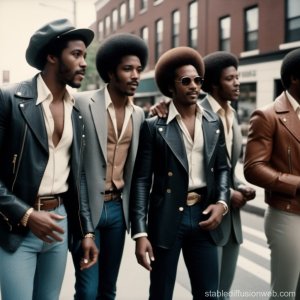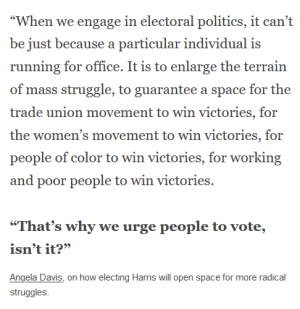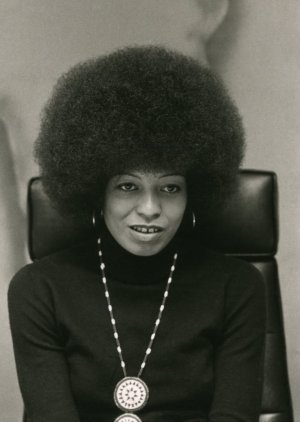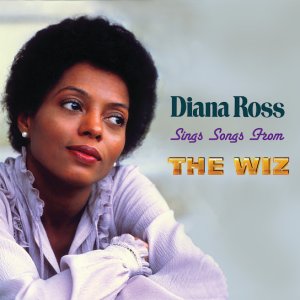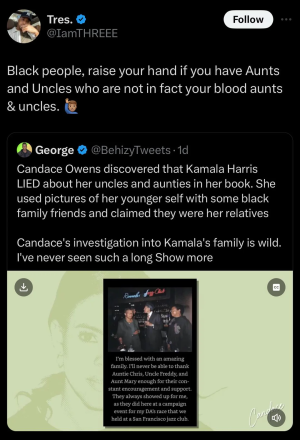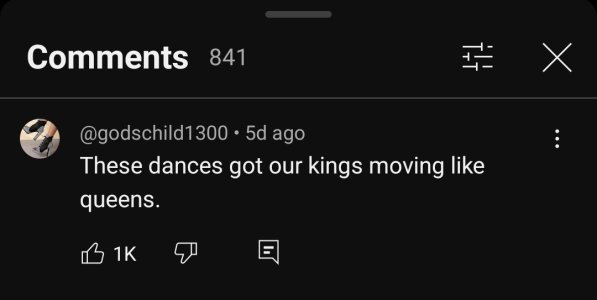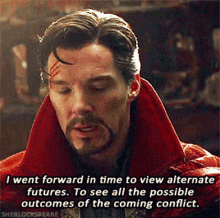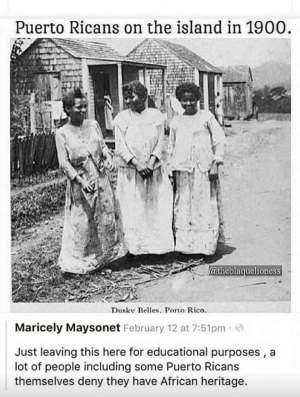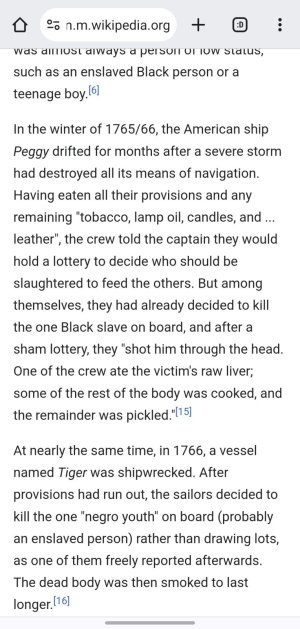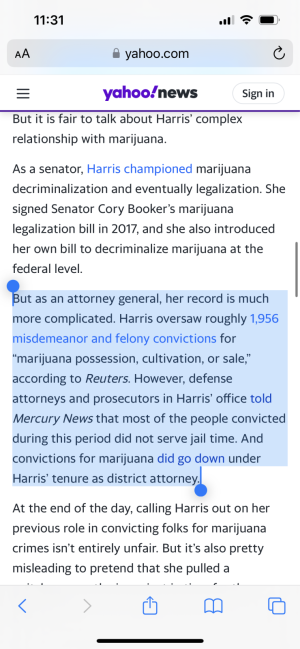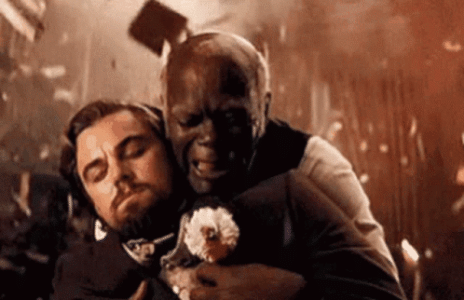[h4]Related Tags:[/h4]
GQ,
new black,
Oprah Winfrey,
Pharrell Williams
By Brian Ives
Pharrell Williams raised a few eyebrows over his statements about race in a recent interview with Oprah Winfrey, particularly his use of a term “the new black” — and a prominent professor at Howard University isn’t really buying it.
The superstar said in the Winfrey interview that “The new black doesn’t blame other races for our issues. The new black dreams and realizes that it’s not a pigmentation; it’s a mentality. And it’s either going to work for you, or it’s going to work against you. And you’ve got to pick the side you’re gonna be on.”
He discussed this same topic in his
GQ cover story: “This is the new black. Oprah Winfrey: That’s the new black. She’s a black billionaire. President Obama: He is a black American president. Regardless of what you think about him, this is his second term. That’s the new black. LeBron James: the first black man ever shot on a Vogue cover, a black man. Me: a guy that’s written a song at 40! Nominated for an Oscar, four GRAMMY awards — at 40! That’s the new black!”
Response to his term “the new black” has been strong, inspiring the twitter hashtag
#whatkindofblackareyou, and
The Root offering
“25 Alternatives to Pharrell (or Any Other Celeb) for Insights Into ‘the New Black,'” listing links to people and organizations “Who care about these things, study these things, talk and report and write and educate on these things all the time — not just when Oprah asks.”
Dr. Greg Carr, Howard University associate professor & chair of the department of Afro-American Studies, reacted to Pharrell’s “new black” theory in a new interview (via
HBCBuzz) — and doesn’t seem impressed.
“My first impression is, this is a young man who is an excellent marketer,” Carr said. “I don’t think that Pharrell believes that there’s a ‘new black.’ Perhaps there’s a new opportunity. If he thinks there’s a ‘new black,’ I think a quick perusal of history, particularly style makers and culture keepers in black communities in this country, will reveal very quickly that that’s been an ongoing conversation since enslavement.
Related: Pharrell Apologizes for Wearing Native American Headdress on the Cover of Elle UK
“It’d be interesting to visit Pharrell — and others — in, say, 30 years from now… and see if perhaps he might be more conservative.”
Dr. Carr was asked if it is possible for African-Americans to be aware of the past and not have it have a major influence on life today — and he says it’s not structurally possible.
“For every heroic individual who succeeds, there are countless others who continue to struggle and be oppressed in their system,” he said. And he points out that while there are successful African-Americans, that has been the case for a long time: “Even during enslavement, you had a tiny fraction of black folks who had negotiated some space for themselves, to exist in the system. Same thing during Jim Crow. Same thing today.”
He poses a question to those who have tasted success on Pharrell’s level: “Are you really attempting to live a life that improves conditions for other people, beginning with the people that you come from? Or, are you just trying to enjoy your life, provide for yourself and your family, and have some fun before you close your eyes?
“The spectacle of blackness has always been something that society has grasped and wanted,” he continued. “We can go back to the 1840s. One of the leading performers in this country was a guy named Thomas ‘Daddy’ Rice, who used to blacken his face, he called himself ‘Jim Crow.’ He was one of the biggest performers in this country for doing dances that he said black people did.
“Fast forward 170 years, and you go on the Billboard charts. Is there anyone bigger than Robin Thicke? No! Do we see Miley Cyrus twerking? Yes! What does that mean? Blackness has always been a commodity. And there have always been individuals who represented that kind of titilating proximity to blackness that people have wanted. So us being on
GQ covers and being billionaires, that’s almost predictable. As Greg Tate wrote, ‘The thing about blackness, people want everything from blackness… but the burden.” Pharrell is saying, ‘Look at Obama.’ Yeah, look at Obama! And look at education. Look at Obama, and look at the prison-industrial complex. Look at Barack Obama and ask yourself a question: what has improved for the masses of black people in the six years of the Obama presidency. But people like his style! They love his wife’s style! The kids of beautiful, the mother-in-law’s in the White House. That’s improved the life of one family.”
Pharrell has not responded to Dr. Carr’s comments.












